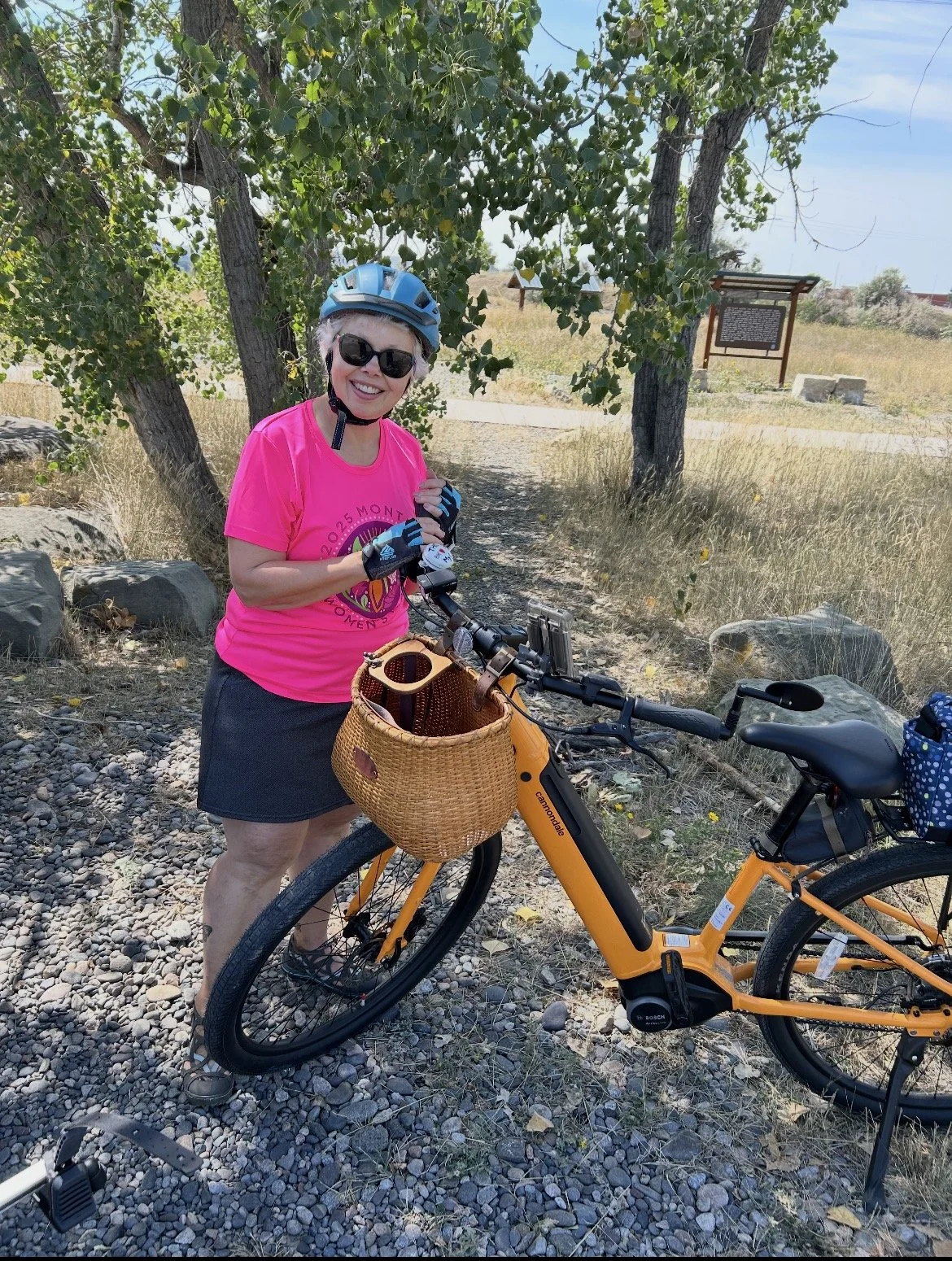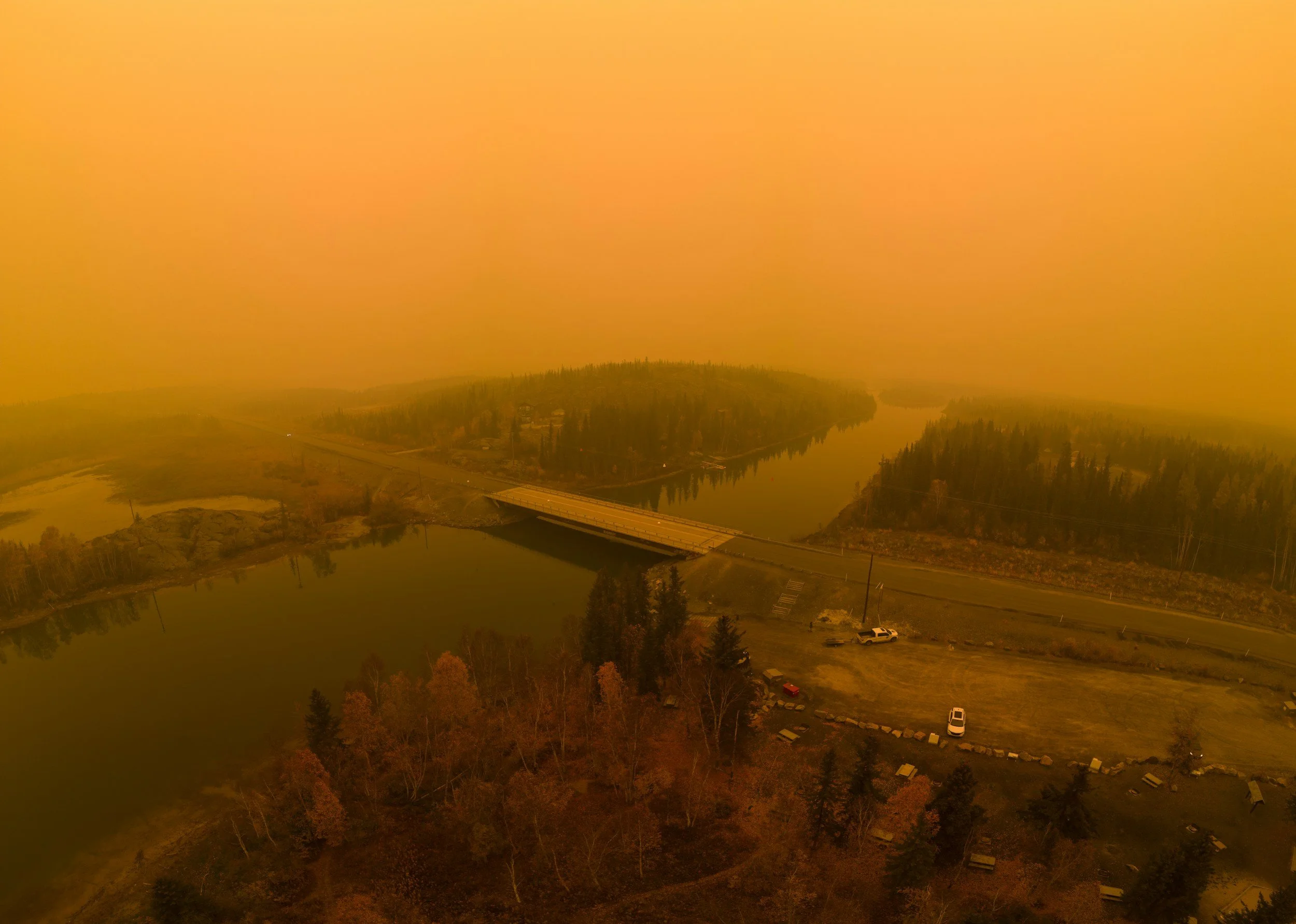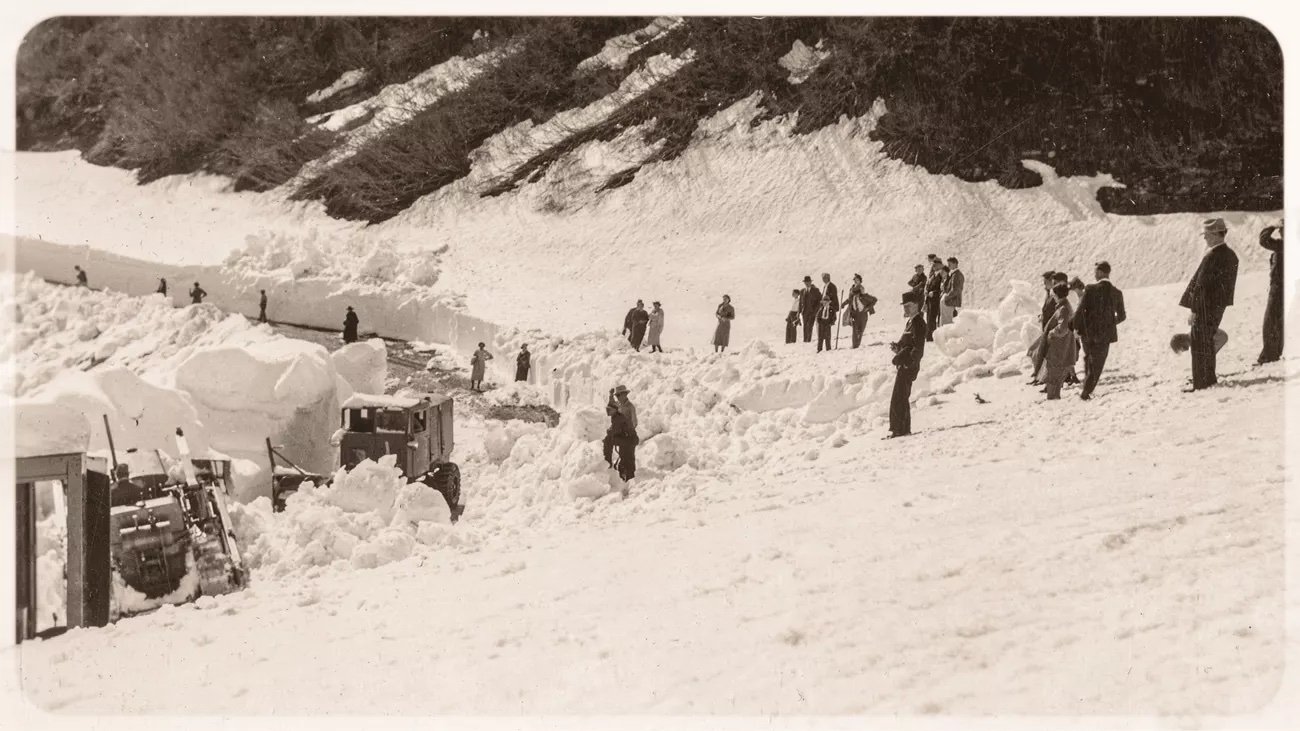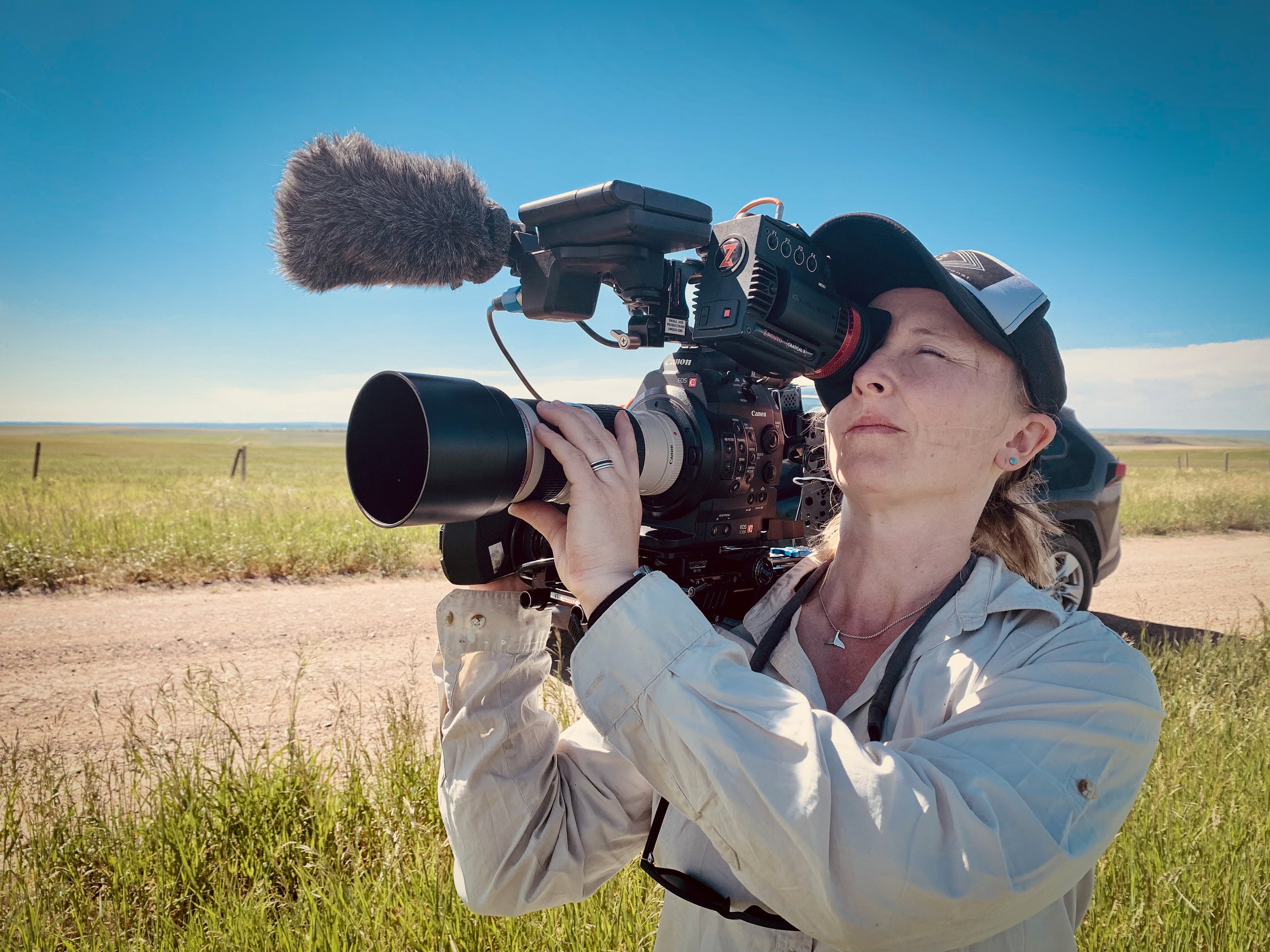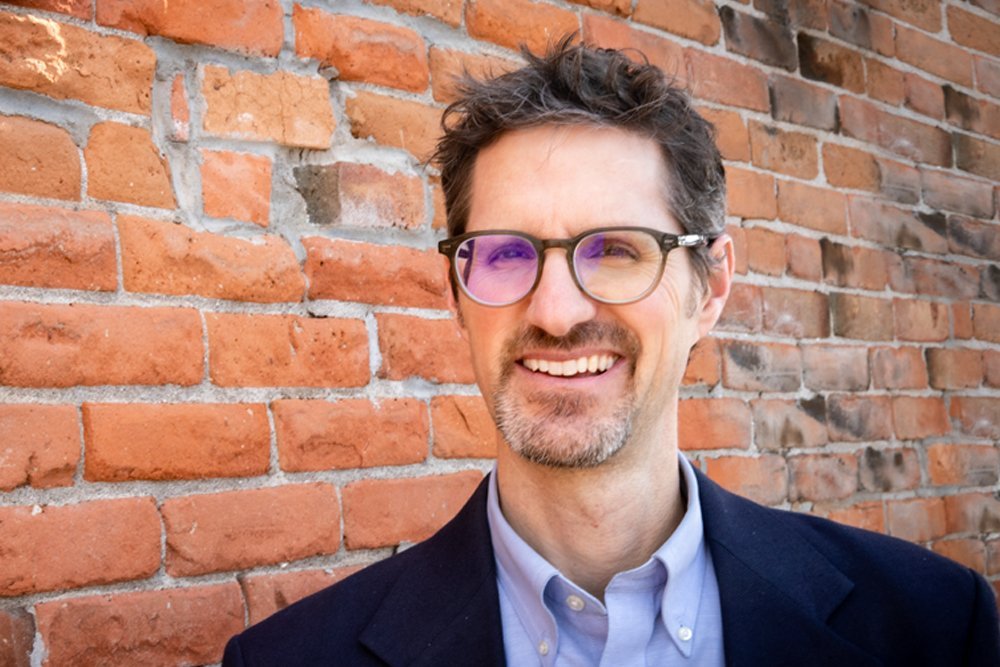
How is climate change affecting the places and people you love in Montana?

Browse our Interactive Map
View our full collection of stories and see where the stories are from on this interactive map!
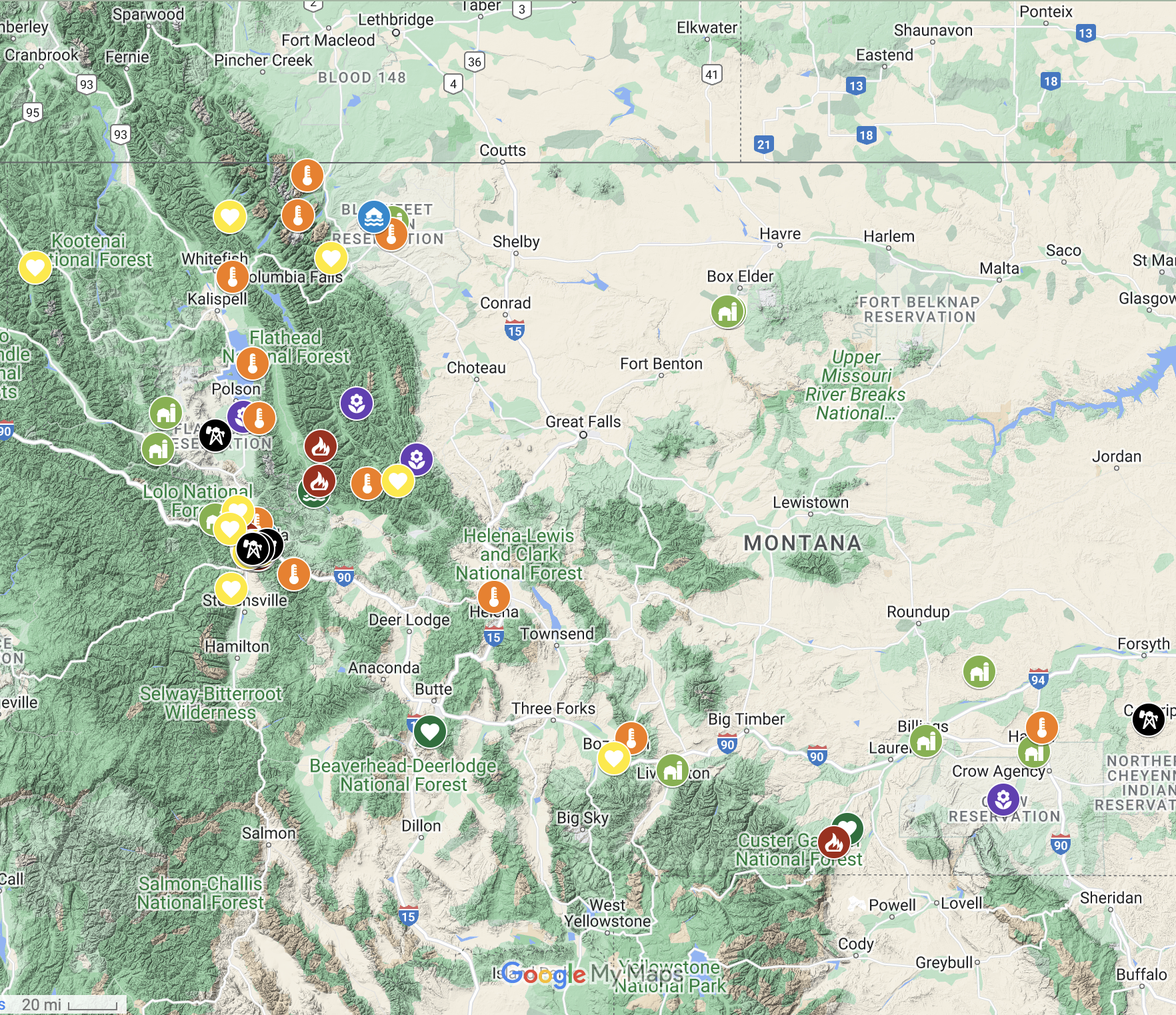
The Montana Climate Stories map geographically shows real stories from Montanans about how climate change is impacting them and the actions they are taking in response.
Words & Images
Story provided by Teresa Wicks; Written by Haley Yarborough
“In community health and psychosocial nursing courses, she watched students grow more curious about environmental health. Over time, more began asking how climate change was showing up in clinics, hospitals, and mental health outcomes. “That awareness is building,” she said. “It’s slow, but it’s real.” Becoming a grandmother has only deepened her concern—and her hope.”
By: Lauris Reintjes
Species are going extinct 100, 1,000, some estimate 10,000 times faster than they should. This spike in the background extinction rate is called the Sixth Mass Extinction and is threatening every species on Earth, even those driving it. Lauris Reintjes, a high school student in Missoula, Montana, spends his time making mixed media sculpture of Endangered and underrepresented animals.
Story provided by Jenny Ellis; Written by Melody Irvine
“The smoke was dense, covering the mountains and casting an eerie orange haze at sunset. This orange haze was an unsettling sight I'd never seen before. The adults in my life, who usually encouraged outdoor play, urged us to stay indoors and told us it wasn't healthy outside due to the smoky air. They tried to keep us entertained with art and craft projects. However, this restriction was still unusual and confusing, marking my introduction to what we now call "wildfire smoke seasons."“
Glacier National Park has always been a place of change, and given time, it can adapt. However, the rate of change seen today is fast enough to raise concerns about adaptation, for both ecosystems and societies alike.
Burning fossil fuels is often the only choice for traveling to Logan Pass. That is the way it has been since Going-to-the-Sun Road first opened in 1933. For over a century, fossil fuels have taken us wherever we wanted to go.
Though unintended, burning these fuels releases greenhouse gases that warm the climate.
Both the causes and the consequences of climate change are intertwined here. Burning fossil fuels releases carbon dioxide, a greenhouse gas that warms the planet. High elevation areas like Logan Pass are warming much faster than the global average, causing glacier retreat here and around the globe. Since early drillers moved into this area the amount of carbon dioxide in the atmosphere has risen sharply.
By Marian Kummer | (Source: The Billings Gazette)
Though many are unaware or disbelieving, Montanans, like people everywhere, are already feeling the impacts of climate change. Many of those come in the form of detrimental impacts on our health.
Story originally published by on Glacier National Park
“By standing in the same places that an early photographer stood and taking a new picture, we can compare how the landscape has, or has not, changed. This technique is called repeat photography or rephotography.
The glaciers of McKeon’s youth have all gotten smaller. Her collection of repeat photographs document changes seen over the last century, but they are also a new baseline to measure future changes against.”
By Axana Soltan
In drafting a "Dear Tomorrow" letter, I envision a message to my children in 2050, assuring them that today, in 2024, we took a stand. We acknowledged the crisis at hand and committed ourselves to action.
By Jacob Owens | Native News, University of Montana School of Journalism
Ranchers throughout northcentral Montana, including those on the Fort Belknap reservation, are reporting dramatically reduced herds. Some ranchers, though generally optimistic, harbor concerns about the future of their iconic way of life.
Recordings
By Sandra Mckee | 2023 Billings Climate Week
Sandra McKee, shares what it was like growing up around Glacier National Park. Having her own kids witness the glaciers disappear, seemed like the most impossible thing she could imagine due to their grandiosity in her own childhood.
By Carol Mick | 2023 Billings Climate Week
Carol Mick of Billings shares her experiences and frustrations working for Montana Power Company as a Geologist and the unessusary impacts their actions placed on taxpayers, farmers, the environment, and animals.
By Lara Tomov | Live at the 2023 Bitterroot Climate Story event
“It's not about making a seat for everyone at the table. We need to tear that table apart into firewood and build a bonfire together that's comfortable for everyone and adaptive to changes.”
By Lisa Harmon | 2024 Billings Climate Week
“If you think about [the Church’s] reach across the nation, that’s a lot of people we can bring a message around climate to.”
Climate change stories are frequently full of isolation, anxiety, fear, and anger. These emotions, though negative, can actually be vehicles for empowerment and resilience. By shifting the issue to what we are grateful for and the hopes we have, we can channel negative emotions into aspirations, fostering a sense of community and collective strength.
Included are recordings of the four speakers who presented at our University of Montana FLAT House storytelling event hosted on November 17th, 2024 at the FLAT Studio.
By Randy Hafer | 2024 Billings Climate Week
“It became more and more apparent, as we were building the [Urban Frontier] House, that, in fact, the simpler the systems get, the smaller the systems get…the easier everything is, and the less expensive it is.” ”
By Ed Gulick | 2024 Billings Climate Week
“When you are riding [your bike], there is a real connection to the people around you. And you are connected to your place. We have a wonderful place! Let’s enjoy this place. You are connected to the weather in ways that a lot of people aren’t connected. It’s a wonderful thing!"
By Boris Krizek | 2024 Billings Climate Week
“[Emissions are] fairly comparable between the CNG and the diesel [engines] particularly because [the diesel] has the regen [system].”
By Alex Hibala | Live at the 2023 Bitteroot Climate Story event
“The river, this river is special. All of them in this state are special. It's not anywhere in the West that you get to find this many freestone fish living wild. Wild fish adapting to the environment as best as they can. They deserve some protection and a little bit of forethought.”
By Cari Holst | 2024 Billings Climate Week
“Buying locally, buying from something like a food hub, building up that local ecosystem, that resiliency, allows us to fall back on the local community and local producers. Because if we try to build up those things when we need them, it’s going to be really hard.”
